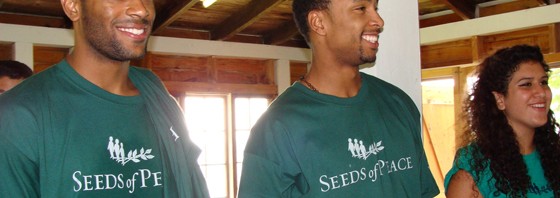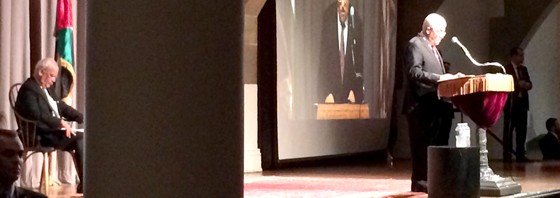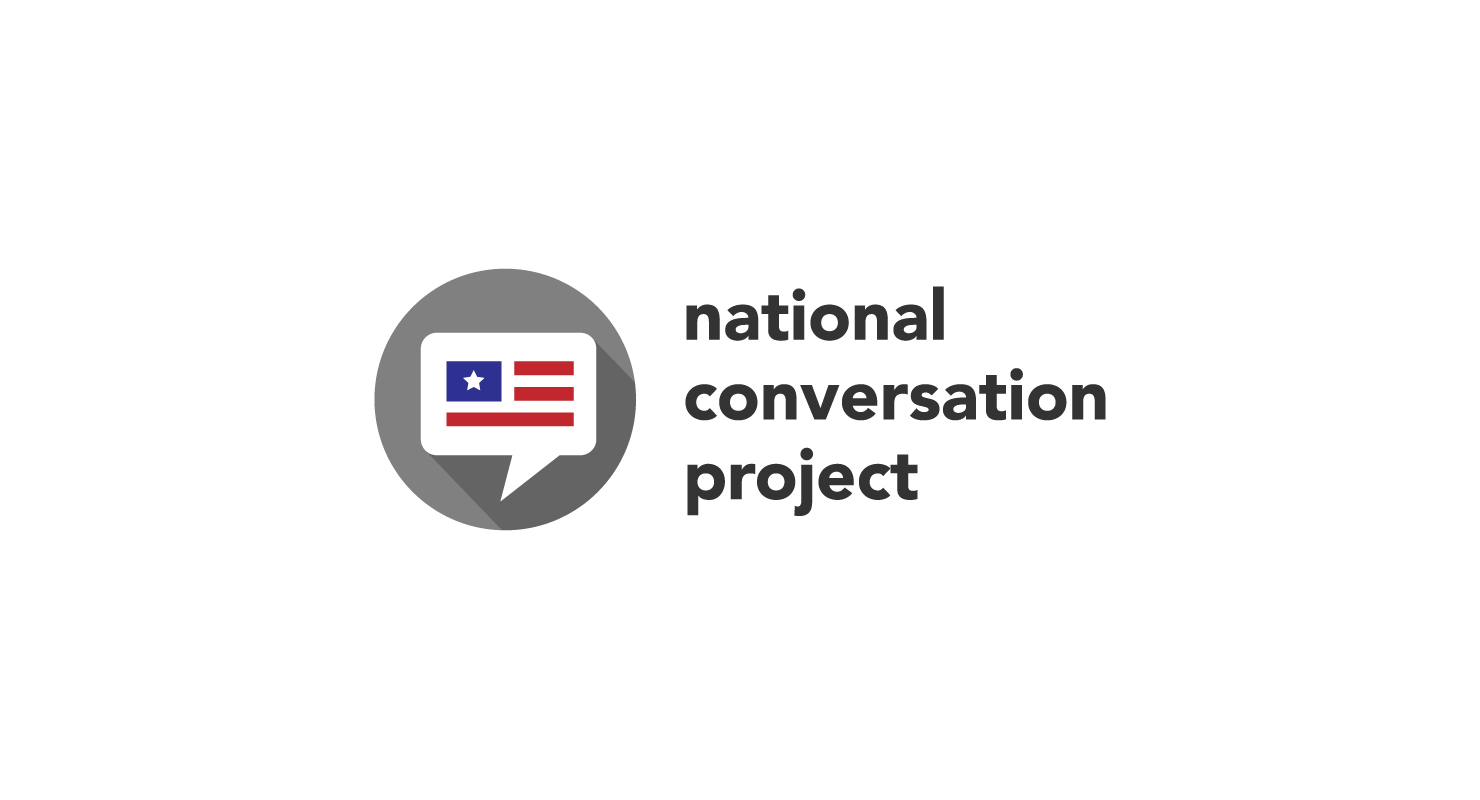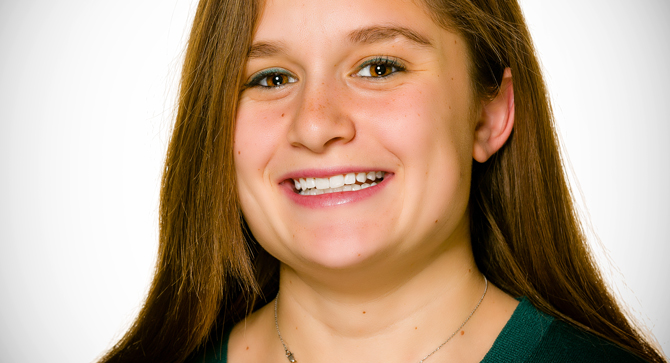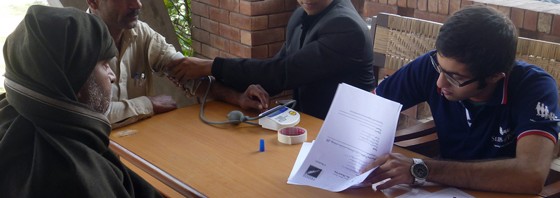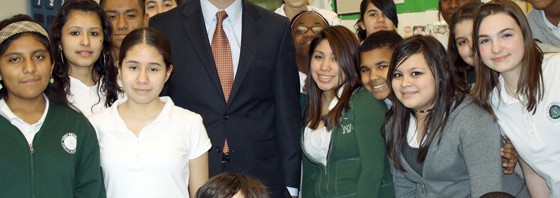Gerald Henderson and Wayne Ellington aren’t sure what to expect out of this camp and they’ve each attended plenty of others in their day. The former college rivals and recent first-round picks are taking part in the Seeds of Peace International Camp with an open mind.
The same goes for the campers.
“I’ve never gone to camp like this,” said Henderson, a Duke product and Bobcats rookie. “I always went with the same kids and always played basketball. I’ve never thought about who I was camping with and what they were going through in their lives.”
Former Tar Heel and Timberwolves’ choice Ellington added: “I want to go and learn more about this. I know a little about the Middle East conflict. It’s definitely an experience that’s worth going to and take some time doing.”
Henderson and Ellington are taking part in the Play for Peace basketball clinic Monday, along with 140 Israeli, Palestinian, Egyptian, Jordanian and American youth. Also scheduled to participate are Seeds of Peace veterans Brian Scalabrine (Celtics) and Jordan Farmar (Lakers), rookie Tyreke Evans (Kings) and former WNBA star Barbara Turner.
Arn Tellem, agent of both Henderson and Ellington, recruited the two rookies to take part in a camp close to his heart. Tellem is the president of Wasserman Media Group Management and a Seeds of Peace board member. The yearly camp, which focuses on leadership and conflict resolution, is located in Otisfield, Maine.
“At a critical moment in the Middle East with renewed interest in diplomacy, it’s important that the players do their part to advance understanding and coexistence,” Tellem said. “Every year, this visit becomes an experience as much for the players as it is for the camp participants.”
The Obama administration has placed a great deal of emphasis in the Arab-Israeli peace process, in addition to outreach initiations in Arab and Muslim communities. Such politically-charged issues are not often associated with the NBA, which does take great pride in its humanitarian efforts, including NBA Cares, around the world.
“Honestly, I’m not involved in politics as much as I should,” Henderson said. “When I heard about what goes on there it was something I wanted to be involved in and see for myself.
“I’ve always been involved with going to hospitals, clinics or summer camps, but nothing where it’s a little about basketball, and more about the kids and learning about new cultures. Hopefully through basketball we’re able to bring them together. I’m looking forward to it.”
The basketball clinic will focus on team-building exercises, giving the campers up-close and personal interaction with players at the highest level.
“Sports, and in particular, basketball, is a very important part of the camp experience,” camp director Leslie Lewin said. “The visit of the NBA players helps teach the importance of cooperation and trust, and helps draw attention to the courageous efforts of our campers.”
But what the campers learn from the NBA players is only part of the mission.
“The kids might not know too much about each other,” Ellington said. “All they know is the conflict. It’s a chance to get to know each other and unite and find that they had more in common than they thought.”


